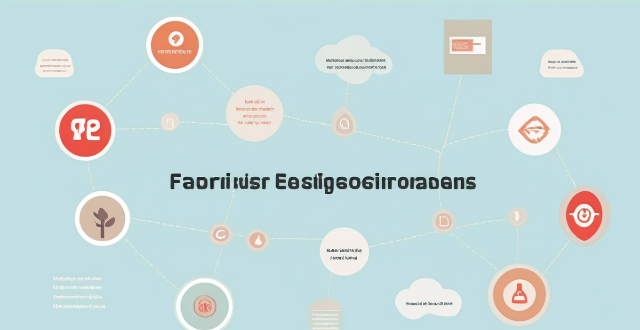Health management apps can help reduce the risk of chronic diseases by monitoring health metrics, providing insights, promoting healthy habits, and issuing reminders. However, over-reliance, inaccuracies, and privacy concerns are downsides to consider. While beneficial, these apps should not replace professional medical advice.

Can Using a Health Management App Reduce the Risk of Chronic Diseases?
Chronic diseases like diabetes and heart disease are major health concerns worldwide. With the rise of technology, health management apps have become increasingly popular for tracking various health metrics. But can these apps really help in reducing the risk of chronic diseases? Let's delve into the details:
Benefits of Health Management Apps
- Monitoring Health Metrics: These apps allow users to monitor vital health metrics such as blood pressure, heart rate, blood sugar levels, etc. This constant monitoring helps in early detection of any abnormalities which can then be addressed promptly.
- Providing Health Insights: Many health management apps provide insights and suggestions based on the data they collect. They may suggest lifestyle changes or recommend consulting a healthcare professional if certain metrics are consistently out of the normal range.
- Promoting Healthy Habits: Some apps offer challenges and goals to encourage users to adopt healthier habits. For instance, an app might challenge the user to walk a certain number of steps each day or consume a certain number of fruits and vegetables.
- Reminders and Alerts: Health management apps often come with reminders for medication intake, doctor appointments, or even just to drink water or take a break from sitting.
Downsides to Consider
- Over-reliance: While these apps can provide useful information, they shouldn't replace professional medical advice. It's important to consult with healthcare professionals for proper diagnosis and treatment.
- Inaccuracies: Not all apps are created equal. Some may not be accurate in their readings or suggestions, leading to misinformation and potentially harmful decisions.
- Privacy Concerns: Sharing personal health data with apps can raise privacy concerns. Users should ensure that the app they choose is reputable and takes data privacy seriously.
Conclusion
Using a health management app can certainly be beneficial in reducing the risk of chronic diseases. They provide valuable insights, promote healthy habits, and remind users about their health commitments. However, it's crucial to remember that these apps are tools to aid in managing health, not replacements for professional medical advice. As with any health decision, balance and discernment are key.